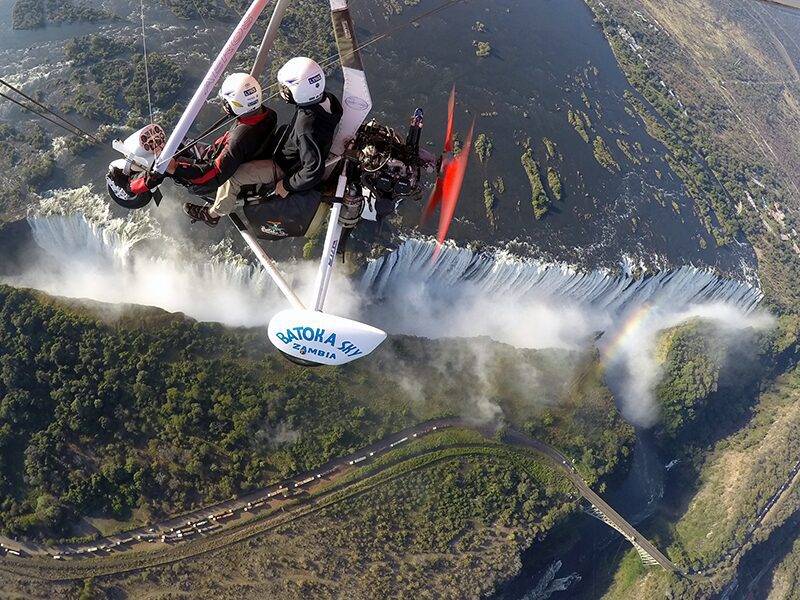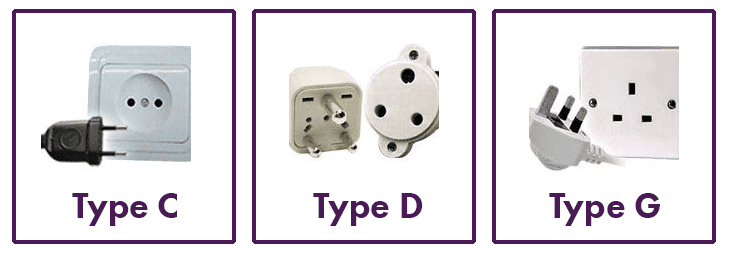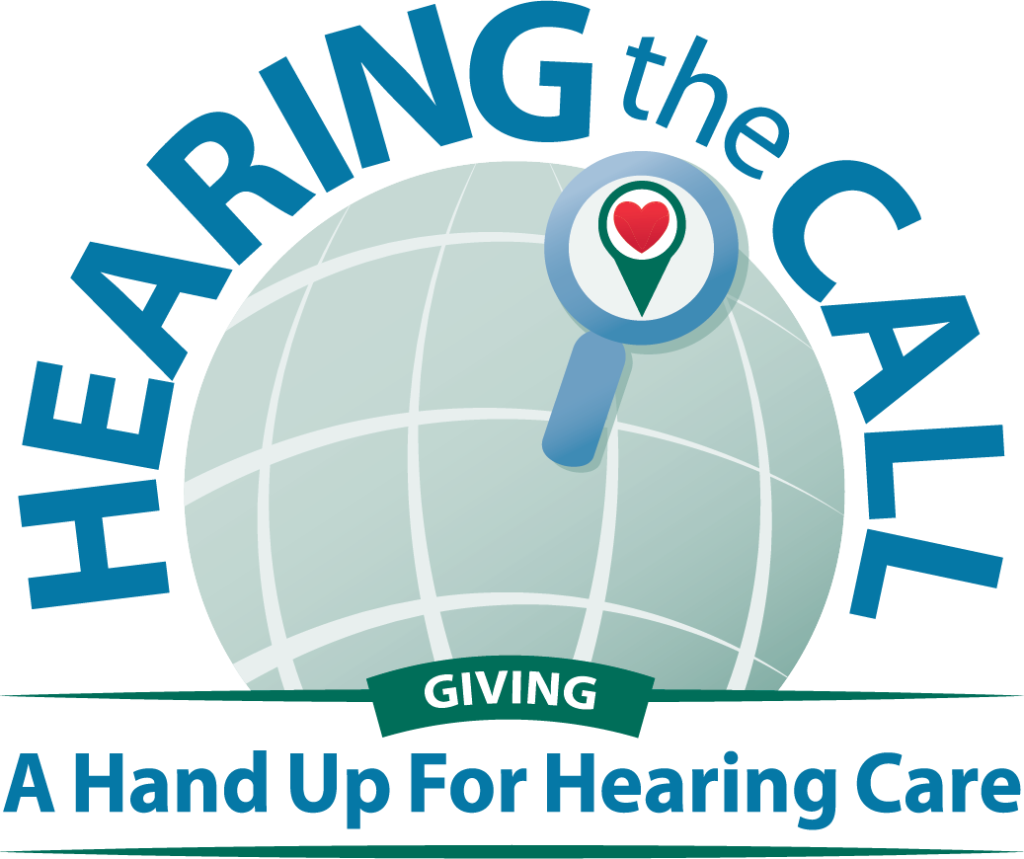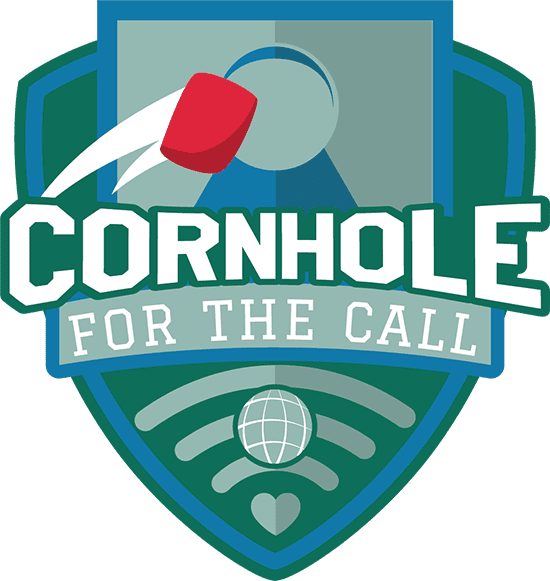Zambia Humanitarian Trip
Chibombo
In the southern region of Africa resides Zambia, a developing nation of almost 20 million people. However, with all those individuals, it has only one audiologist. Zambia was one of the first locations for Hearing the Call in September 2013. We partner with Fountain of Life, a non-profit that builds schools and clinics in Zambia.
The total price includes humanitarian trip expenses, supplies, most meals, transportation (not flights), and hotel stay on clinic days.
With the help of our partners, Hearing the Call, and generous donors, we are able to make our humanitarian trips more affordable and accessible to our members, students, and volunteers.
$500 Deposit Required at Time of Application*
*$500 deposit is fully refundable up to 60 days prior to a trip. Once inside that 60 days, you are responsible for any charges such a the purchase of airline tickets in country as well as the credit card processing fee of 6% (3% on initial purchase and 3% on return).
Standard Itinerary
Day 1: Arrive Lusaka (LUN)
Day 2: Travel to Chibombo / Training Day
Day 3: Clinic Day
Day 4: Clinic Day
Day 5: Clinic Day
Day 6: Travel to Victoria Falls
Day 7: Retreat Day Victoria Falls
Day 8: Depart from Victoria Falls (LVI)
Who manages the trips?
Application, payment and the waiver are managed by Entheos Audiology Cooperative as part of their support for Hearing the Call.
Why do we require an application?
The application provides our team with critical information in case of an emergency to support trip operations. We request your passport information because our partners and local accommodations often require it. Additionally, it helps us ensure that your passport is valid for the duration of the trip, in compliance with each country’s regulations.
How long does it take applications to be reviewed?
Applications are reviewed and finalized within 120 days prior to the trip’s departure. Submitting an application does not guarantee a spot, but it enters you into the selection process. You will be notified if you are selected.
What about payments?
A $500 deposit is required to put your name on the list for a trip. The remaining balance will be due 90 days prior to the trip.
WHAT'S NEXT? - Getting Ready for Your Trip
Flight Information
Once you are confirm on the trip, please book your flights using the following information and submit your travel info to your team.
Arrive Day 1 Travel from U.S. to Lusaka (LUN). Try to arrive midday or earlier to allow for the possibility of delayed flights.
- We will be flying from Lusaka to Livingstone. Airfare and booking is included in your trip.
- The Entheos team usually arrives a day early. If you decide to arrive a day early, you will be responsible for an extra night in the hotel (under $100).
We will depart from Livingstone International Airport (LVI) at the end of the trip.
We sometimes recommend you stay the extra day in Livingstone and Victoria Falls for two reasons. First, it is magical, and it gives you time to do more exciting things there. Second, return flights on Sunday arriving in the U.S. on Monday are usually cheaper. If you decide to stay longer, you will be responsible for an extra night in the hotel (under $200), but likely you will save more than that on airfare.
Please enter your flight information by clicking the button to your right that says “Your Travel Info”.

We need your fight information so we can arrange for you to be picked-up at the airport. Please notify us of any changes in your travel plans
Important Country Information
VISAS
A Zambian visa is NOT REQUIRED at this time for citizens of the United States for a stay up to 90 days.
This could change. If it changes and you are going to Livingstone,
you may want to get a multi-entry visa if you want to go on the safari in Botswana.
Please make sure your passport is valid for up to 6 months after the date of your trip to enter.
Electrical Power Information
Which Power Plugs and Sockets in Zambia?
In Zambia, the power sockets are of type C, D, and G. The standard voltage is 230 V and the standard frequency is 50 Hz.
Which power plugs and sockets in Zambia?
- Type C: also known as a standard “Euro” plug. This socket also works with plug E and plug F.
- Type D: mainly used in India, Sri Lanka, Nepal and some African countries. This socket only works with plug D.
- Type G: this type is of British origin. This socket only works with plug G

Additional Information
IMPORTANT VACCINE UPDATE: Zambia requires a Yellow Fever vaccine ONLY if you travel through countries considered a high risk. For example if you travel through Nairobi in Kenya, you will need a yellow fever card. This vaccine can be difficult to get from your local health department, so contact them immediately. The Yellow Fever vaccine provides life-long protection. Zambia, Zimbabwe and Botswana are not Yellow Fever risk zones.
One of the first things you have to be aware of on any international trip is the necessary vaccines. Some of the vaccines are hard to get in a quick time frame. Please make sure you read and check the CDC website for information on vaccines immediately.
As we travel internationally, we may be exposed to certain diseases that are rare in the United States. Fortunately, the risk of catching these diseases is still quite low since we will be on site for only a short time and will be eating properly prepared food, etc. However, since it is impossible to eliminate all risk, there are a variety of vaccines and immunizations that provide prevention against many of the most serious infectious diseases in the world that we ask each delegation member consider receiving.
According to the Center for Disease Control (CDC) website www.cdc.gov, there are no required vaccines for Zambia, but make sure your routine vaccinations are up-to-date. Please refer to the following CDC website for information on Zambia.
- Most expenses will be prepaid for you including: ground transportation, medical evacuation insurance, hotel room accommodations, translators and team meals.
- Each volunteer is financially responsible for paying for and obtaining a passport and visa (if necessary), receiving any necessary immunizations, all food/beverage items in all airports and outside team meals, and any other personal expenditures/shopping during the trip.
- You will want to take enough cash with you for personal shopping. Bring U.S. currency that is as new as possible and undamaged. Traveler’s checks and credit cards (VISA or Master Card) will be good in airports, major hotels and many shops, but cash is the easiest and most convenient method of payment.
- You will be able to exchange money locally. Please bring new $100 bills. You will get a better exchange rate than smaller bills, and they don’t take older money.
- The currency in Zambia is the Kwacha. To find the most up-to-date currency conversions, please go to XE Currency convertor.
Here are some helpful guidelines concerning the safety and security of your personal items:
- Be mindful of how you carry your purse or where you place your wallet. Men, keep your wallets in a front or zippered pocket, as keeping it in your back pocket will make it susceptible to pickpockets. Ladies, keep purses across your chest or use a fanny pack (keeping your hands free is also wise).
- An under garment money belt worn around your waist is a safe way to carry your personal cash or passport.
- Stay with a group of people at all times – always go somewhere in pairs.
- Take a minimal amount of jewelry with you – nothing flashy.
- Be a confident traveler even if you are unsure or uneasy in a certain situation; confidence and calmness is key.
- We also suggest that you make copies of all flight itineraries, wallet contents, passport, visa, etc. and carry copies in a separate, secure location. It would also be a good idea to leave copies of everything with someone at home also, just in case. These copies could prove invaluable should your personal documents be lost or stolen.
We hope you will enjoy the local cuisine. Most meals will be eaten at a hotel or local restaurant. All foods that will be provided to you should be well prepared and safe for you to eat.
Meals are supplied on clinic days, but not on travel or recreation days.
- As far as drinking water is concerned, to be on the safe side, always drink bottled water and brush your teeth with bottled water at the hotel. Avoid ice. Bottled water will be available.
- You may want to take some personal snack items with you – good items to take include granola bars, dried fruit, and trail mix.
WEATHER:
May and June are the winter for Zambia but it can be warm during the day and cool at night. The average morning temperature can be low to mid 50Fs while the afternoons can be mid 70Fs and sunny. There are times the temperature will push into the 80Fs so dress in layers. Livingstone can be a bit cooler in the morning and night but warmer during the day.
For further information about weather, please consult these sites: Weather.Com and Weather Underground.
TIME ZONE:
Zambia is in the Central African Time zone and does not observe daylight-savings time.
Click here to view the current time in Zambia.
- Please wear long pants and the team t-shirts provided by our partners. We have found that breathable type pants by Eddie Bauer or Columbia are a good option for hot clinic days (jeans are fine). You will receive TWO clinic t-shirts on the first day of the trip. You may be able to do laundry (for a small fee) at the hotel; we also recommend bringing a mini bottle of detergent (can be purchased at the travel section) to do laundry in your room.
- Bring comfortable shoes to wear. No open toe shoes for clinics.
- No shorts in the clinic.
Before/After Clinic
- There will be time for recreation (going out, dinner, etc.) after clinic days.
- Bring a fleece jacket for the mornings and evenings when it could get cool. Days will be fairly warm.
Here is a one week packing list as an example. You can click here to get a printable list.
Clothing
- 4 – Pants
- 5 – Shirts
- 8 – Pairs Socks
- 2 – Clinic Shirts (will be provided)
- 2 – PJ’s
- Walking Shoes
- Windbreaker or Light Jacket
- Swimsuit (if needed)
- Sandals
Toiletries
- Shampoo
- Conditioner
- Toothbrush
- Toothpaste
- Razor
- Hair Things
- Brushes
- Sunscreen
- Bug Spray
- Lotion
- Sunglasses
- Kleenex
- Imodium
- Advil
- Any Medications Needed
Miscellaneous
- Cash
- Passport
- Passport Holder
- Bank Card
- Credit Card
- Pen (to fill out forms)
- Neck Pilow
- Phone Chargers
- Computer chargers
- Converter/Transformer
- Laundry Detergent
- Wine Opener (for others)
- Head phones

